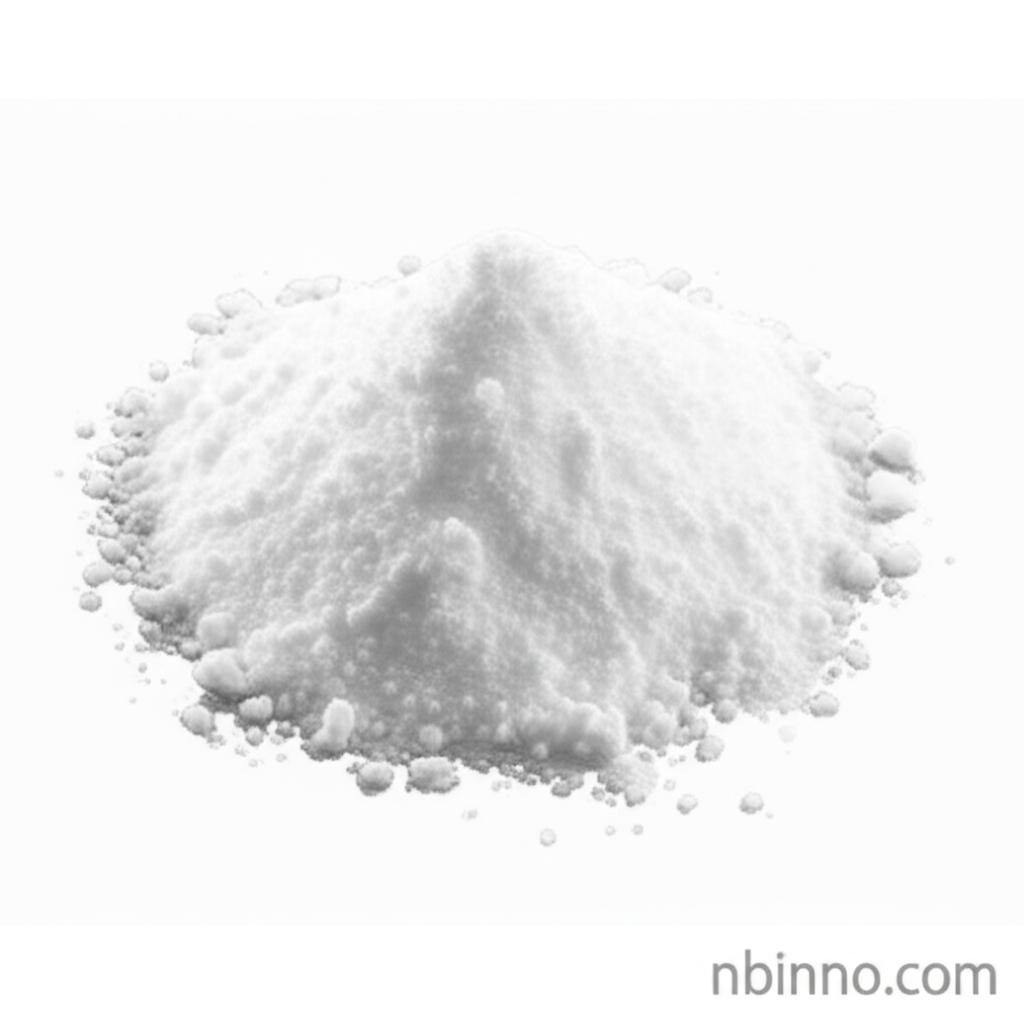4-Aminobutyric Acid (GABA): A Comprehensive Guide
Explore the science behind GABA, its role in the nervous system, and its potential benefits for well-being.
Get a Quote & SampleProduct Core Value

4-Aminobutyric Acid
4-Aminobutyric Acid, commonly known as GABA, is the primary inhibitory neurotransmitter in the central nervous system. It functions by blocking or reducing nerve cell activity, contributing to a calming effect and playing a vital role in managing stress, anxiety, and sleep patterns. Its intricate balance with excitatory neurotransmitters like glutamate is essential for proper brain function.
- Discover the 4-Aminobutyric acid function in regulating neuronal excitability.
- Learn about the potential GABA neurotransmitter benefits for mental well-being.
- Understand the ongoing GABA supplement research and its implications.
- Explore the critical 4-aminobutyric acid chemical properties essential for its biological activity.
Key Advantages of GABA
Stress and Anxiety Reduction
GABA is known for its ability to reduce stress and alleviate anxiety by slowing down brain activity. This calming effect is a primary reason for its interest in the wellness sector, supporting individuals seeking natural ways to manage daily pressures.
Improved Sleep Quality
By promoting relaxation, GABA is believed to contribute to better sleep quality. Its role in inhibitory neurotransmission can help individuals fall asleep more easily and experience more restful sleep.
Versatile Chemical Intermediate
As a valuable compound, 4-Aminobutyric Acid serves as a key building block in chemical synthesis, facilitating the creation of more complex molecules for various industries, including pharmaceuticals.
Key Applications
Neuroscience Research
Investigating the intricate mechanisms of the central nervous system and understanding neurotransmitter functions are key areas where GABA is indispensable for researchers.
Nutraceutical Development
GABA is utilized in the development of dietary supplements aimed at supporting mental well-being, stress management, and sleep, making it a popular ingredient in the nutraceutical industry.
Pharmaceutical Synthesis
As a fine chemical intermediate, 4-aminobutyric acid CAS 56-12-2 is crucial in the synthesis of various pharmaceutical compounds and active pharmaceutical ingredients.
Chemical Synthesis
Its reactive amino and carboxylic acid groups make 4-Aminobutyric Acid a versatile starting material for organic synthesis, enabling the creation of diverse chemical structures.
